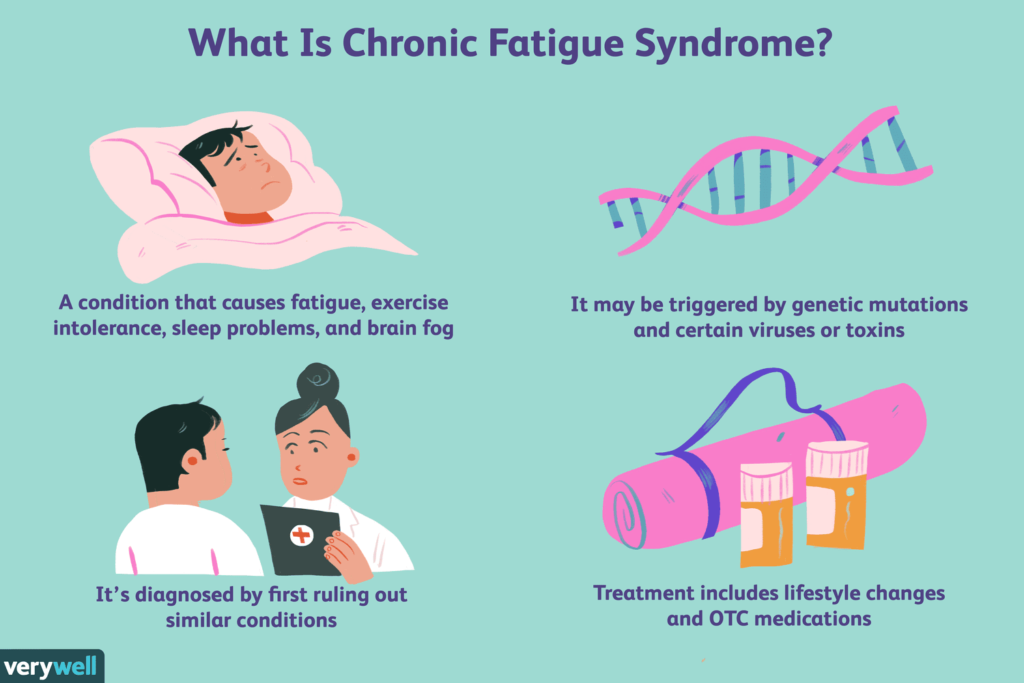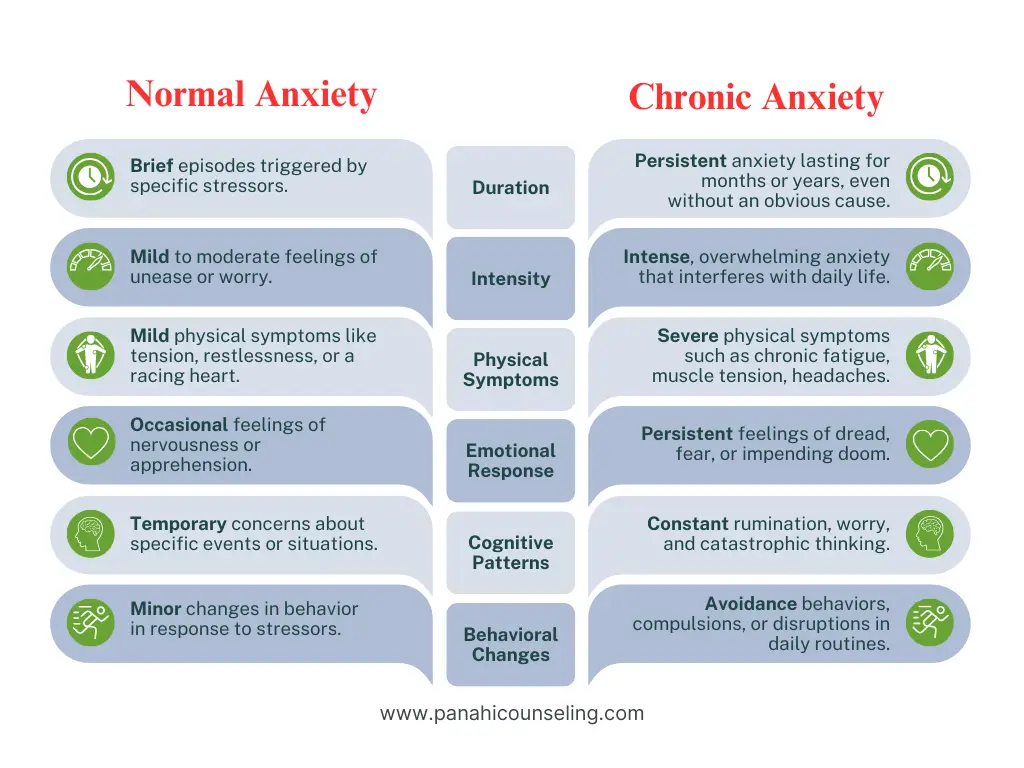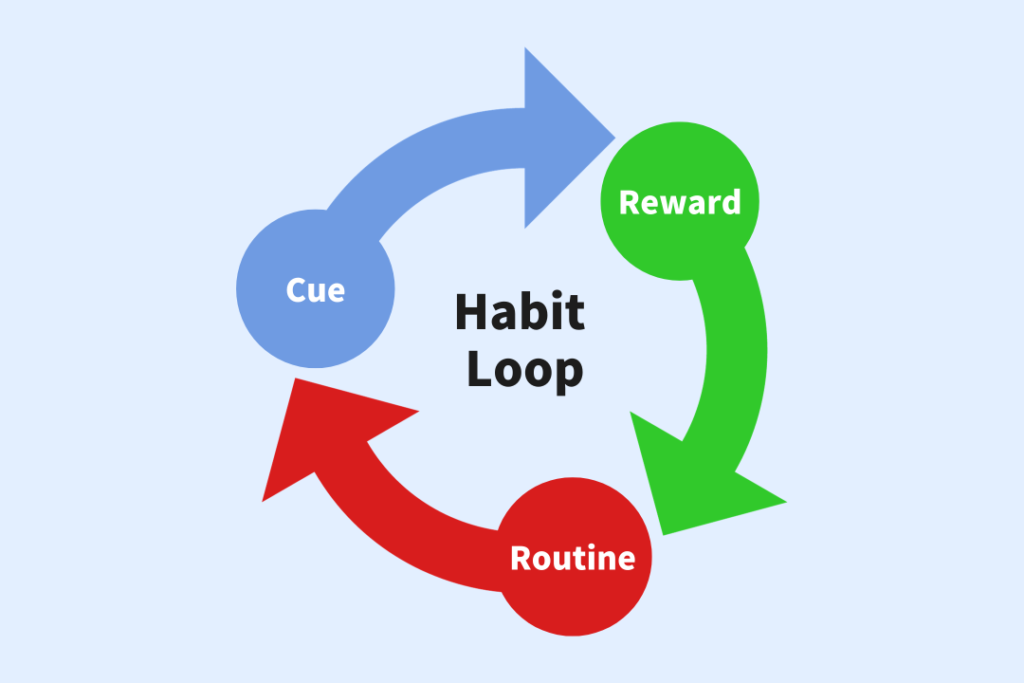Please read carefully this detail Chronic obstructive disease, Chronic fatigue syndrome, Chronic pain, Chronic pain syndrome, Chronic worry.
Chronic obstructive disease and worry can go hand in hand. If you’re coping with a chronic illness, you may find yourself worrying more.
When it comes to an anxious brain and anxiety, it’s essential to understand the connection between the two. Develop how to develop good habits to fight an anxious brain and anxiety.
Chronic pain syndrome is the mental habit of thinking unhelpful and anxiety-producing thoughts in the long run.
Of course, we tend to worry sometimes, especially regarding topics as clearly shuddery and unknown as death.
However, chronic worry occurs once you’ve gotten into worrying obsessionally and to a fault.
And after you develop the habit of chronic worry around death, it intensifies your worry about death itself.
The reason is simple: The reason is simple: Chronic pain syndrome
Please Read This Blog, healthy-lifestyle-habits
Chronic pain

Chronic pain lasts over three months or beyond the average healing time of an injury or illness.
Chronic obstructive disease Numerous conditions, including illnesses like fibromyalgia and arthritis, as well as injuries, can be the cause of it.
Chronic pain can significantly impact a person’s physical and mental well-being, often resulting in decreased mobility, reduced quality of life, and an increased risk for depression and anxiety.
Treatment for chronic pain typically includes a combination of medication, therapy, and lifestyle changes to manage symptoms.
However, finding effective treatment can be difficult, and managing chronic pain is often a long-term process.
Those living with chronic pain need to work closely with their healthcare team to develop an individualized treatment plan.
Please Read This Blog, chronic-anxiety-symptoms
Chronic venous insufficiency is a Chronic disease.

Chronic venous insufficiency (CVI) is a condition where the veins in the legs cannot adequately pump blood back to the heart.
This can lead to Chronic obstructive disease such as swelling, pain, skin changes, and ulcers. CVI is often seen in individuals with deep vein thrombosis or varicose veins but can also develop due to aging or obesity.
Treatment options for CVI include lifestyle changes, compression stockings, and surgery. It is essential to seek medical attention and follow up with treatment for CVI, as it can worsen over time and lead to severe complications.
Chronic venous insufficiency is when the veins cannot efficiently send blood back to the heart. This leads to symptoms such as swelling, pain, and skin changes in the affected limb.
Chronic obstructive disease – Chronic venous insufficiency often develops over time due to factors such as prolonged standing or obesity. However, deep vein thrombosis or a prior vein injury are potential causes.
Treatment typically involves lifestyle changes, compression therapy, and surgery in severe cases. Left untreated, chronic venous insufficiency can lead to complications like skin ulcers and difficulty walking.
It is essential for individuals at risk for this condition to seek medical attention if they experience symptoms.
Please Read This Blog post. chronic-stress-treatment-cope
Chronic fatigue syndrome is a Chronic disease

Chronic fatigue syndrome also referred to as myalgic encephalomyelitis or ME/CFS, is a complex disorder characterized by severe and persistent fatigue that any underlying medical condition cannot explain.
It often coexists with symptoms such as impaired memory and concentration, muscle pain, and headaches.
Chronic obstructive disease While the exact cause of chronic fatigue syndrome remains unknown, research suggests a combination of genetic predisposition and environmental triggers may play a role in its development.
There is no specific test or cure for chronic fatigue syndrome, though a combination of lifestyle modifications and management strategies can help improve symptoms and overall quality of life.
To properly support and care for those who have chronic fatigue syndrome, healthcare professionals must acknowledge it as a legitimate medical condition.
Please Read This Blog, anxiety-is-ruining-my-life-death
Chronic obstructive disease To your brain’s worry center, worry could signify that you suppose one thing is dangerous.
So once your brain sees you repeatedly worrying about one thing, it starts to envision that issue as a threat.
This suggests that the consequent time you encounter that issue, your brain goes to shoot you up with vasoconstrictor as the way to subsume this danger—only creating additional anxiety.
Chronic worry—now death itself is dangerous.

Chronic obstructive disease The general public who worries about death has gotten into the habit of worrying about things associated with death, then trained their brains to be not only frightened themselves but all kinds of things remotely associated with it.
Please Read This Blog 8-best-skills-for-death-anxiety-its-normal-to-feel-anxious
For example, you begin to chronically worry about what you’ll wish to purge, die, and be in pain in a hospital whenever death comes up.
Chronic obstructive disease You may begin to develop anxiety around hospitals and medical aid. Currently, your worry of death triggers worries of something medical-related, and vice versa. Key Point:
The habit of chronic worry solely intensifies and generalizes your worry about death. Chronic disease. Please read more in detail here: Chronic worry, Chronic fatigue syndrome, chronic venous insufficiency, and chronic pain.
If you learn to resist the impulse to fret, you’ll significantly cut back on the frequency and intensity of your death anxiety.
Chronic obstructive disease If you’re struggling with anxiety, it can feel like your brain is working against you. So you need to learn some good habits that will help you.
Please Read This Blog habits-not-to-worry-the-fear-of-death
Learn This Habit Cope with your death

anxiety symptoms in a healthy manner. Everyone and their dog have recommendations regarding specific brick skills you’ll use to manage your fears and anxiety.
However, Chronic obstructive disease once it involves dealing with your fears, you’ve got to be careful. Even though brick skills feel smart now, they’ll worsen your fears and insecurities in the long run.
Here’s an associate degree example: Chronic obstructive disease
Take deep respiratory; this habit helps you. Chronic disease. Please read more in detail here: chronic worry, chronic fatigue syndrome, chronic venous insufficiency, and chronic pain.
A brick ability that’s unremarkably counseled for those who struggle with anxiety.
Simple, some deep breaths will indeed have a powerfully calming effect on you.
keep the habit of fighting The problem: Chronic obstructive disease

If breathing straight off begins doing deep respiratory to avoid feeling anxious, you’re teaching your brain that it’s not okay to feel anxious.
Therefore, Chronic obstructive disease although you manage to feel a bit higher in the short term, it’ll have the unexpected future result of making you anxious.
This means that when you’re feeling anxiety, you’re aiming to feel a double dose because you’ve educated your brain to be frightened of being afraid!
Be careful not to use brick skills as an associate degree-turning-away mechanism.
Chronic obstructive disease: If you would like to deal with your worries and healthily worry regarding death in a way that doesn’t worsen them long-term, it’s essential to first validate the fear itself.
Which, handily, is the topic of our next strategy?
Please Read This Blog overcome-anxiety
habit: cultivate death acceptance habit

If you struggle with the worry of death—and all the painful anxiety that goes along with it—I’m tempting you to avoid puzzling over it within the moment.
However, Chronic obstructive disease this is often a denial that only works well over a short period.
When you sleep in denial of death (constantly attempting to avoid it), you train your brain to worry about even the concept of death.
It suggests that although you manage to avoid some anxiety currently, the consequent time the subject of death comes up, your brain makes you feel even more anxious because it thinks the mere mention of death is dangerous.
On the other hand, Chronic obstructive disease after you decide that death is inevitable—that you may die—it causes you to be less anxious about death.
As a result, it communicates to your brain that even supposing death itself could also be shuddery, the expertise of puzzling over death within the gift isn’t itself dangerous.
Now, Chronic obstructive disease you would possibly be thinking to yourself: I settle that death is inevitable. I’m not stupid! But here’s the thing:
Please Read This Blog overcome-your-fear-of-death.
It’s not enough to accept death intellectually – Chronic obstructive disease

—you have to be compelled to accept it. chronic worry
And that means being willing to tolerate the subject of death or chronic disease. Once it comes up, everyone feels the anxiety that goes with it rather than avoiding it.
One great way to start cultivating death acceptance in the following ways is to use a little mantra. Here’s one I’ve found helpful with the many individuals I’ve worked with:
I may not be fond of it, but I accept that death can happen. So when death comes up, try to catch yourself instinctively, avoiding it.
Changing the subject, thinking of one thing else, preemptively avoiding a scenario where death is probably going to come back up, etc.
Instead of merely repeating your mantra that I could not be fond of, however, I settle for the fact that death can happen.
With repetition and following, your mind can eventually begin to interiorize what, at the start, is simply an announcement.
And after you do, you may be on your way to cultivating death acceptance in practice, not simply in theory.
Please Read This Blog 10-ways-to-cope-with-chronic-stress
Final Thought
If you want to start living another worry-free life, the primary step is recognizing that chronic worry could be a habit.
And like several different unhealthy habits, they are often broken with time.
So next time you discover yourself worrying about one thing, take a deep breath and ask yourself if you’ll do anything to deal with matters.
If not, relinquish the thought and march on. It will take some time to follow initially. However, eventually, chronic worry can quieten down in your life.
However, has chronic worry been impacting your quality of life? What square measure are you aiming to do nowadays to interrupt the cycle?









